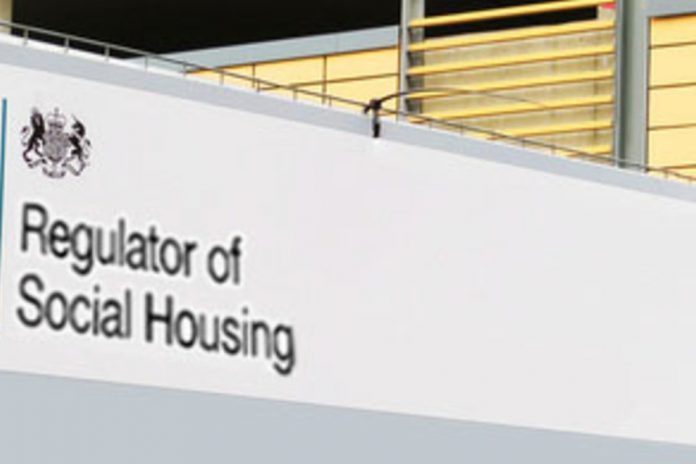The Regulator of Social Housing today published statistics about the social housing sector, including stock ownership and rents as at 31 March 2020.
This is the first time that we have produced local authority statistics, and combined statistics for local authority and private registered provider stock alongside the private registered provider statistics.
Returns from registered providers of social housing show the sector as a whole had 4.4 million social housing homes in 2020, with more than 60% owned by private registered providers and the remainder owned by local authorities. When non-social housing stock is included, private registered providers reported owning more than 3 million homes for the first time.
Looking across all providers, there has been a slight increase (0.3%) in low cost rental stock since 2019, with the reported increase in Affordable Rent units higher than the reported decrease in social rent units (reasons for which include sales to tenants (such as Right to Buy) and conversions to Affordable Rent.
The stock owned by for-profit private registered providers nearly doubled over the year, although the number of units remains low at just over 9,000. The increase in low cost home ownership units continues to accelerate with a further 14,500 units added in 2019-20.
The data covers the final year of the four-year rent reduction and shows that general needs social rents have fallen by nearly 4% across the whole sector since 2016. The average weekly general needs rent across England at 31 March 2020 was £90.50 but there was considerable regional variation with rents lowest in the North East (£75.53) and highest in London (£111.74) and the South East (£101.12).
Fiona MacGregor, Chief Executive of RSH said:
The data from the Statistical Data Return and Local Authority Data Return shows how the social housing sector is changing and growing. This is the first comparable data across both local authority and private registered providers that meets the National Statistics designation.
This data will help ensure we take a risk-based and proportionate approach to regulation across the whole sector, as we take on responsibility for regulation of rents for local authorities as well as private registered providers.
Further information
For press office contact details, see the Media enquiries page.
For general queries, please email enquiries@rsh.gov.uk or call 0300 124 5225.
Notes to editors
- Local authority social housing data was formerly collected through the Local Authority Housing Survey. Since 1 April 2020 it has been collected by RSH through the Local Authority Data Return when RSH took on responsibility for the regulation of local authority rents. Private registered provider data has been collected by RSH through the Statistical Data Return since 2012.
- Both local authority and private registered provider data are designated as National Statistics by the UK Statistics Authority.
- A total of 1,557 providers completed either the LADR or the SDR in 2020. There was a response rate of 100% for the 2019-20 LADR and 96% for the 2019-20 SDR (100% for private registered providers owning 1,000 or more social housing units).
- Homes includes self-contained units such as houses and flats and non-self-contained bed spaces, referred to collectively as units in the data.
- Of the 4.4m units of social stock owned by RPs, private registered providers own 2.8m units while local authority registered providers own 1.6m units.
- The 49 for-profit providers reported 9,313 units of social stock in 2020, compared to 5,342 in 2019.
- An additional 14,500 units of low cost home ownership were reported as owned by PRPs on 31 March 2020 compared to 2019. This represents an 8% increase. The rate of increase in LCHO has been speeding up since 2017.
- The Welfare Reform and Work Act 2016 introduced a 1% annual rent reduction for four years. Rents from 1 April 2020 are regulated through RSH’s rent standard with a rent cap of CPI + 1%.
- Private registered providers report average net rent falls of 3.7% for their general needs social rent stock. Local authority registered providers report average net rent falls of 3.9%, but figures are based on a combined general needs/ supported housing total due to historic LAHS data not providing further breakdown. 94% of local authority registered providers’ social rent units are general needs.
- RSH promotes a viable, efficient and well-governed social housing sector able to deliver homes that meet a range of needs.







